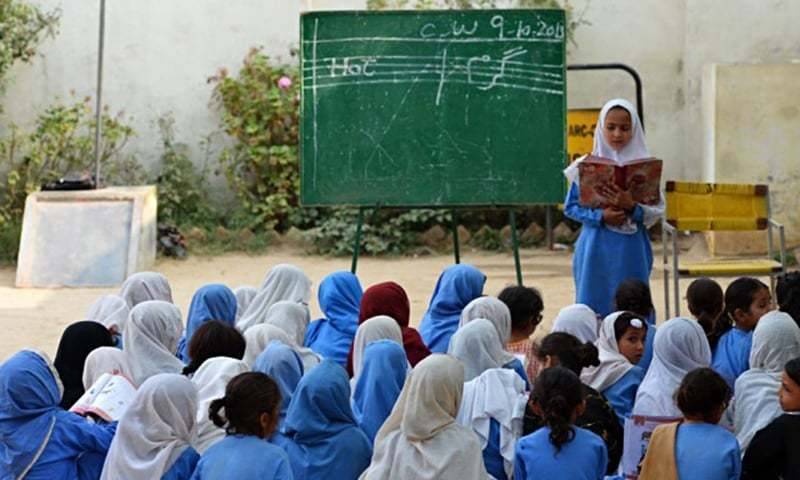
The province Balochistan, oft-predicted as the economic hub of the state, lacks a satisfactory ratio of children enrolled in schools, presenting a grim picture of a large population residing in the province who have neither been treated equally nor have been considered patriotic Pakistanis by the successive governments. The province is gifted with natural resources and minerals, the reason for its significance not only in Pakistan but in entire South Asia. The province has not been provided adequate resources to meet the needs of its people and is faced with hardships in the education sector.
The province is collectively facing problems like illiteracy, poverty, inflation, unemployment, security threats and uncountable others. The province has been overlooked intentionally as if it is not a province of Pakistan, but a neighboring country like India. Despite the tall claims made by the successive governments to stop the dropouts from school, there are more than 12,500 primary schools and among them 7000 schools are without classrooms and teachers, and 5000 ghost teachers are found, who are getting their wages but haven’t been teaching. To be true, our governments have only focused on the construction of buildings instead of making schools functional.
A recent report by Dawn revealed that more than 250 government primary, middle and high schools have been found closed in Quetta and Pishin districts as a result of poor governance, lethargic attitude in the appointment of teachers by authorities, and absence of the already appointed teachers. There is no doubt that the number of non-functional schools in the province is higher than what was stated in the report. The report added, ”Successive past governments had constructed school buildings and upgraded hundreds of other schools in the province. However, they failed to appoint qualified teachers to turn these buildings into functional institutions of learning.”
The education sector of the province is in a dilapidated condition which urgently requires the attention of government for better performance. Even though there is a large segment of population still out of schools and in rural areas the situation is even worse where students pursue education without any functional school building. Moreover, there are no well-qualified and trained teachers who could guide the students towards a brighter future. Can we hope for anything good for a nation when its youth remain deprived of quality education?
The province is collectively facing problems like illiteracy, poverty, inflation, unemployment, security threats and uncountable others. The province has been overlooked intentionally as if it is not a province of Pakistan, but a neighboring country like India. Despite the tall claims made by the successive governments to stop the dropouts from school, there are more than 12,500 primary schools and among them 7000 schools are without classrooms and teachers, and 5000 ghost teachers are found, who are getting their wages but haven’t been teaching. To be true, our governments have only focused on the construction of buildings instead of making schools functional.
A recent report by Dawn revealed that more than 250 government primary, middle and high schools have been found closed in Quetta and Pishin districts as a result of poor governance, lethargic attitude in the appointment of teachers by authorities, and absence of the already appointed teachers. There is no doubt that the number of non-functional schools in the province is higher than what was stated in the report. The report added, ”Successive past governments had constructed school buildings and upgraded hundreds of other schools in the province. However, they failed to appoint qualified teachers to turn these buildings into functional institutions of learning.”
The education sector of the province is in a dilapidated condition which urgently requires the attention of government for better performance. Even though there is a large segment of population still out of schools and in rural areas the situation is even worse where students pursue education without any functional school building. Moreover, there are no well-qualified and trained teachers who could guide the students towards a brighter future. Can we hope for anything good for a nation when its youth remain deprived of quality education?
